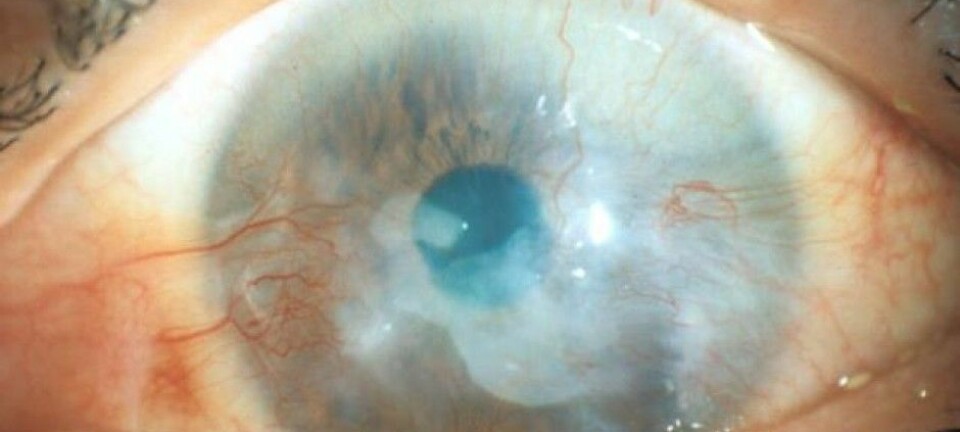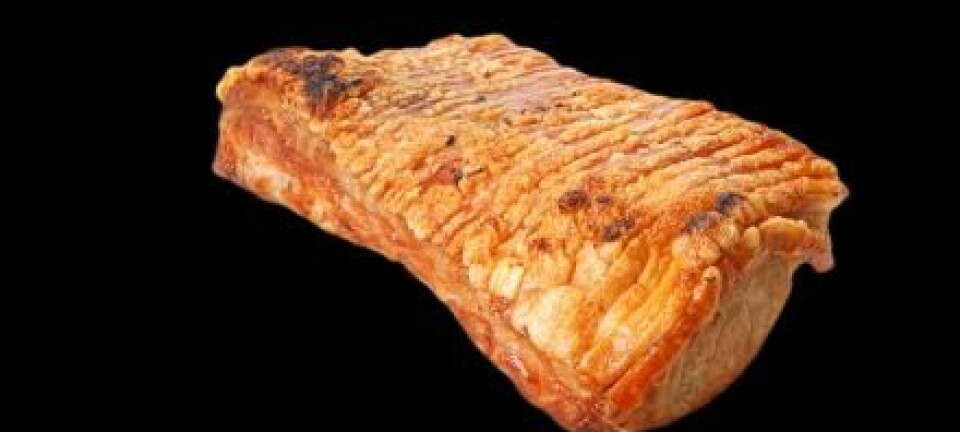
Mouth bacteria linked to obesity
Amount of oral lactic acid bacteria could influence your propensity to gain weight.
Between 1987 to 1993, a young dentist named Berit Lilienthal Heitmann collected saliva samples from adults in Denmark.
She studied each sample for lactic acid bacteria and the connection between the amount of bacteria in the sample and dietary content of sugar and carbohydrate.
Today, a new study based on the samples reveals a connection between the amount of lactic acid bacteria in the mouth and the risk of developing obesity later in life.
“If our theory proves correct, then it could mean that in future we only need to use a saliva sample to indicate whether you are at high or low risk of putting on weight,” says Heitmann who is now a professor at the University of Copenhagen, and the Parker Institute, Denmark, where she studies how diet influences diseases such as obesity, diabetes, and heart disease.
Read More: Gut bacteria could one day combat obesity
Connection remains unexplained
Heitmann had collected data from more than 300 adults in Denmark over a six-year period. She discovered:
People lacking lactic acid bacteria, or who had only small amounts of it, typically put on two to three kilograms of weight.
People with large amounts of lactic acid bacteria typically lost one kilogram.
“We don’t know the exact mechanism, and whether there is a true connection between mouth bacteria and obesity,” says Heitmann.
Read More: Space travel changes gut bacteria in mice
Three possible explanations
Heitmann has three suggestions that could explain the connection between oral lactic acid bacteria and obesity:
1) The study hypotheses were built upon previous research, which have shown that some bacteria in the gut and mouth are very similar. Other studies have shown that lactic acid bacteria can influence the uptake of nutrients through the intestinal wall by thickening the gut surface and thereby making it less permeable. Thus, food is not absorbed so quickly. The resemblance of bacteria in the mouth and the gut could explain why people with more lactic acid bacteria are able to lose weight.
2) A thicker gut surface also seems to be beneficial for insulin sensitivity, which could influence appetite, leaving you feeling satiated on less food.
3) Moreover, the results seem to depend on whether you eat a diet poor in starchy foods, such as white bread, rice, and pasta. But the scientists do not know whether it is the bacteria themselves, the diet, or a combination of the two that seemed to influence the weight changes observed during the six year period.
Other bacteria, besides lactic acid, could also influence our weight.
Read More: Gut bacteria sends signals to the brain to make us fat
“Exciting” and “Interesting” results
The study has been well received by other scientists in the field.
“I think it’s exciting and very interesting because there haven’t been any previous studies into the impact of the diet on oral bacteria in connection with weight loss,” says Timo Sebastian Kern, a PhD student and researcher of intestinal and oral microbiomes at the Institute of Metabolic Genetics at the University of Copenhagen.
“The study looks sensible and it seems like they’ve done a good job,” says Peder Worning who studies bioinformatics at the Department of Clinical Microbiology at Hvidovre Hospital, Denmark.
Both scientists agree that the new study agrees with previous research that has indicated a link between gut bacteria and weight loss.
We need more research
The scientists all emphasise that more studies are now needed to test the results further.
“There are 300 people in this study. It might sound like a lot, but when they are divided into groups then there are fewer people, [which doesn’t give as secure a result],” says Kern.
But just because there is a correlation between oral lactic acid bacteria and weight gain, it does not necessarily mean that one causes the other, says Worning.
“We don’t know which way the causality goes. We don’t know whether bacteria influence weight or whether food intake influences bacteria,” he says.
Heitmann agrees and stresses that it is the first study of the link between oral bacteria and the risk of weight gain and that more studies are now needed to better understand exactly why they are correlated.
---------------
Read this article in Danish on Videnskab.dk
Translated by: Catherine Jex













